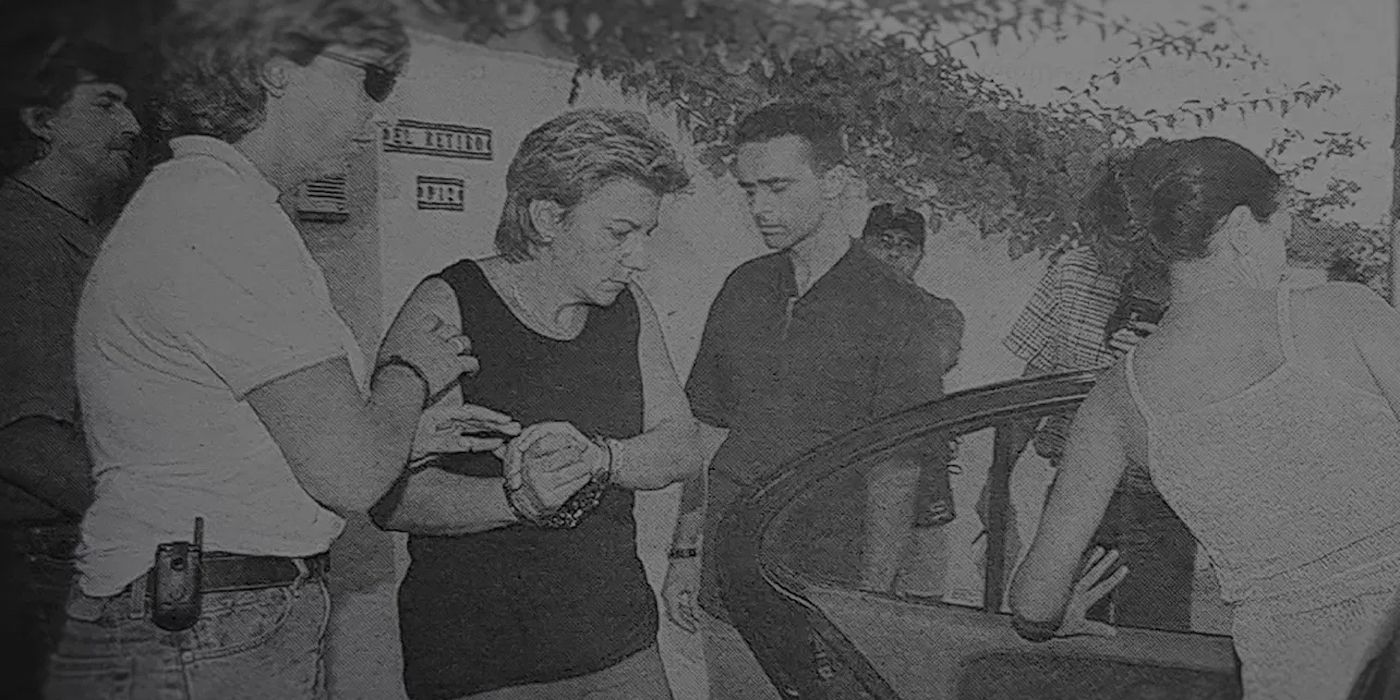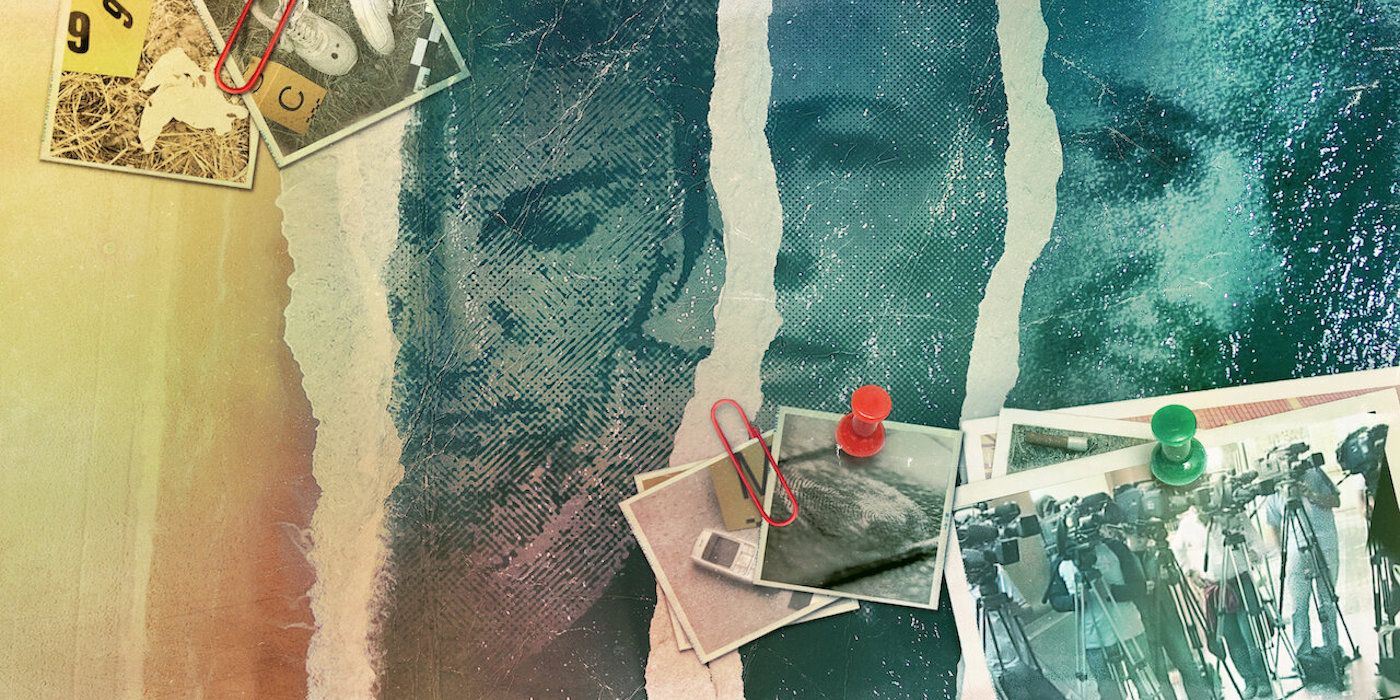Murder By The Coast covers the 1999 murder of Rocío Wanninkof Hornos as well as the wrongful conviction of Dolores “Loli” Vázquez, and here’s what happened to Vázquez after the time period covered in the series. Using old newsreels, raw footage, and interviews with journalists, investigators, and the friends and families of the victims conducted by director Tánia Balló, the Netflix true-crime documentary revolves around two murder cases, focusing on what is now popularly referred to in Spain as the "Wanninkhof Case.” It is considered one of the greatest miscarriages of justice in the country’s judicial history.
After Wanninkof was found murdered not far from her home in Málaga, Spain, the police named Vázquez, the former lover of Wanninkhof’s mother, Alice Hornos, as their prime suspect, and the media portrayed her as a cold and calculating woman. In 2001, despite Vázquez’s alibi and the lack of any physical evidence, a jury found the 52-year-old guilty of murder. But a second murder in 2003 proved her innocence, when DNA belonging to Tony Alexander King, a sex offender with a long criminal history, was found at the crime scene and matched the DNA from the Wanninkhof case. The Netflix documentary reveals the prejudicial nature of the controversial investigation and Vázquez's public lynching. Murder By The Coast ends at a Madrid press conference in 2013 with Vázquez still fighting for an apology that has yet to come.
Despite her innocence and unfair treatment by police, the media, and the Spanish judicial system, Vázquez has never received an apology of any kind. After being repeatedly and viciously attacked in the media for four years and spending over 500 days in prison for a murder she did not commit, Vázquez was finally set free. But by then she had become yet another victim in this tragic story of injustice. Eager to escape the spotlight, Vázquez left Spain after her release, joining her sister, Elvira, in the United Kingdom where she’d spent part of her childhood. According to El Pais, Vázquez got a job managing deliveries for a transport company in a small town east of London, where she continued to seek damages from the Spanish government for her wrongful murder conviction and being portrayed as a killer. In 2012, a Supreme Court decision ultimately denied Vázquez the right to collect any funds for her wrongful conviction. To this day, no compensation has ever been granted, and the last time Vázquez spoke publicly to the media was in 2013.
After the Supreme Court’s decision, Vázquez and her lawyer planned to take the case to the European Court of Human Rights to defend her right to be compensated, but there is currently no case pending. At the time of Vázquez's trial, only individuals who were imprisoned prior to their trial for crimes later shown not to have taken place could be financially compensated under Spanish law. But a change to the law could still benefit Vázquez’s case in the future, according to a 2019 report in El Mundo. In 2017, Vázquez returned to Spain, selling her chalet in Malaga and buying a flat in her hometown, Betanzos, where she lives today.
Murder By The Coast tells the true story of what happened to Vázquez during her fight for justice. The documentary may have brought Vázquez back into the spotlight, but, unsurprisingly, two decades after her trial, Vázquez still doesn't talk to the media. Despite preferring to keep a low profile these days, those closest to Vázquez say she isn’t defeated yet. One friend noted that Vázquez no longer closes her blinds to hide from the public, but that she “wants to see everything” now. And Vázquez has also been known to take part in events in her small-town community. Prior to her wrongful conviction, Vàzquez was a successful hotel director in Marbella, and she recently participated in a local conference in Betanzos, speaking to participants about her experience in the world of tourism.


